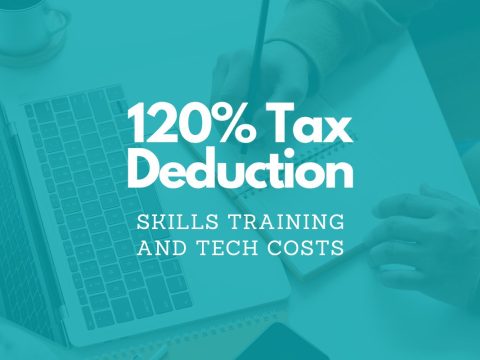Professional Firms to be under ATO scrutiny
The Australian Tax Office (ATO) has issued draft guidelines for the risk assessment and audit selection for professional practices for compliance reviews related to 2014/2015 tax year and beyond.
This is a result of the ATO’s concern about the way in which professional practitioners are structured how they are remunerated.
The Guidelines are not intended to provide a technical analysis of the relevant tax law and tax cases concerning professional practices, but rather to highlight situations the ATO considers to be low or high risk when determining whether to conduct a tax audit or other compliance activities in relation to the allocation of profits within a professional firm or by individual professional practitioner (IPP) in a firm.
Low Risk Taxpayers
Taxpayers will be rated as low risk, and not be subject to compliance action where their circumstances indicate they meet any one of the following guidelines regarding income from the firm (salary, partnership or trust distributions from associated service entities, dividends from associated entities etc):
• The IPP receives assessable income from the firm in their own hands as an appropriate return for the services they provide to the firm. In determining an appropriate level of income, the taxpayer may use the level of remuneration paid to the highest band of professional employees providing equivalent services to the firm, or if there are no such employees in the firm, comparable firms or relevant industry benchmarks, and/or
• 50% or more of the income to which the IPP and their associated entities are collectively entitled (whether directly or indirectly through interposed entities) in the relevant year is assessable in the hands of the IPP, or
• The IPP, and their associated entities, each have an effective tax rate of 30% or higher on the income received from the firm.
High Risk Taxpayers
Where none of the above are satisfied, the taxpayer will be considered as high risk with associated risks of compliance activities from the ATO.
Taxpayers Affected
• An IPP provides professional services to clients of the firm, or is actively involved in the management of the firm and, in either case, the IPP and/or associated entities have a legal or beneficial interest in the firm
• The firm operates by way of a legally effective partnership, trust or company
• The income of the firm is not personal services income.



